Each November, Canadians honour the sacrifices of military veterans who served in times of war and peace. While all veterans are celebrated, the contributions of Indigenous soldiers have often been overlooked. For many, their return from service was marked not by recognition, but by systemic discrimination and the loss of rights.
National Indigenous Veterans Day, observed on November 8, is a time to acknowledge the unique role Indigenous soldiers have played in Canada’s military history. This day features ceremonies across the country, including in Ottawa, where Indigenous veterans, families, and leaders gather. These events often incorporate cultural elements like drumming and storytelling, offering space for reflection and healing.
Indigenous veterans have served in every major conflict, from World War I through to the Korean War. Despite facing significant challenges at home, including being denied the same benefits as non-Indigenous veterans, over 12,000 Indigenous soldiers volunteered to serve.
These soldiers were instrumental on the battlefield, but upon returning, many faced discrimination. Indigenous veterans lost land and rights when they enlisted, and for years, they were excluded from national commemorations like Remembrance Day ceremonies. It wasn’t until 1995 that Indigenous veterans were allowed to lay wreaths at these ceremonies or even participate in Canadian Legions.
As Canada observes Remembrance Day and National Indigenous Veterans Day, it’s a reminder of the sacrifices made by all veterans, but especially the Indigenous men and women whose contributions have often been overlooked. Their stories deserve recognition and respect, not just in November, but throughout the year.


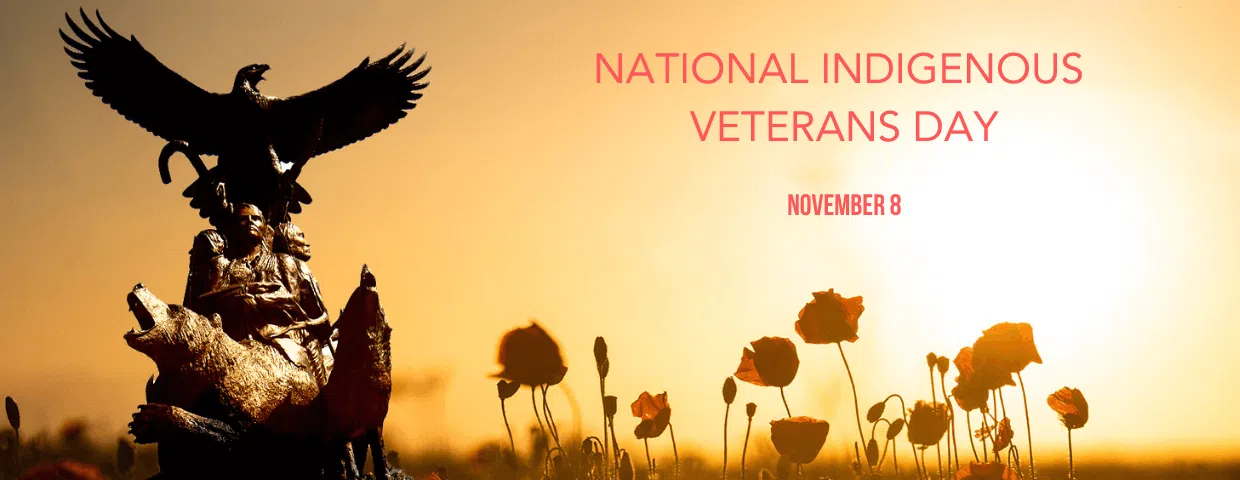

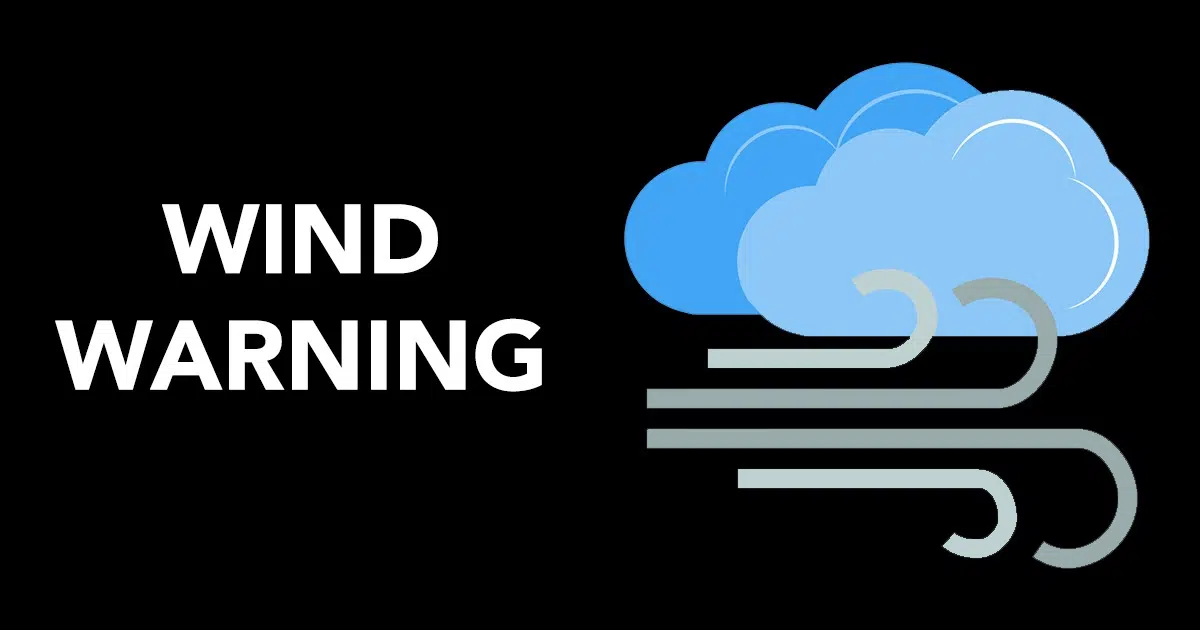

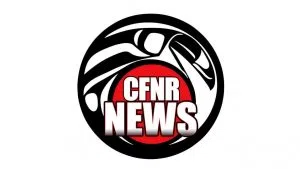
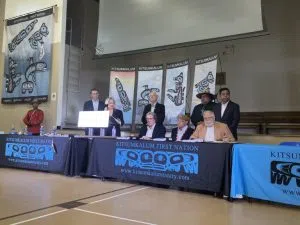

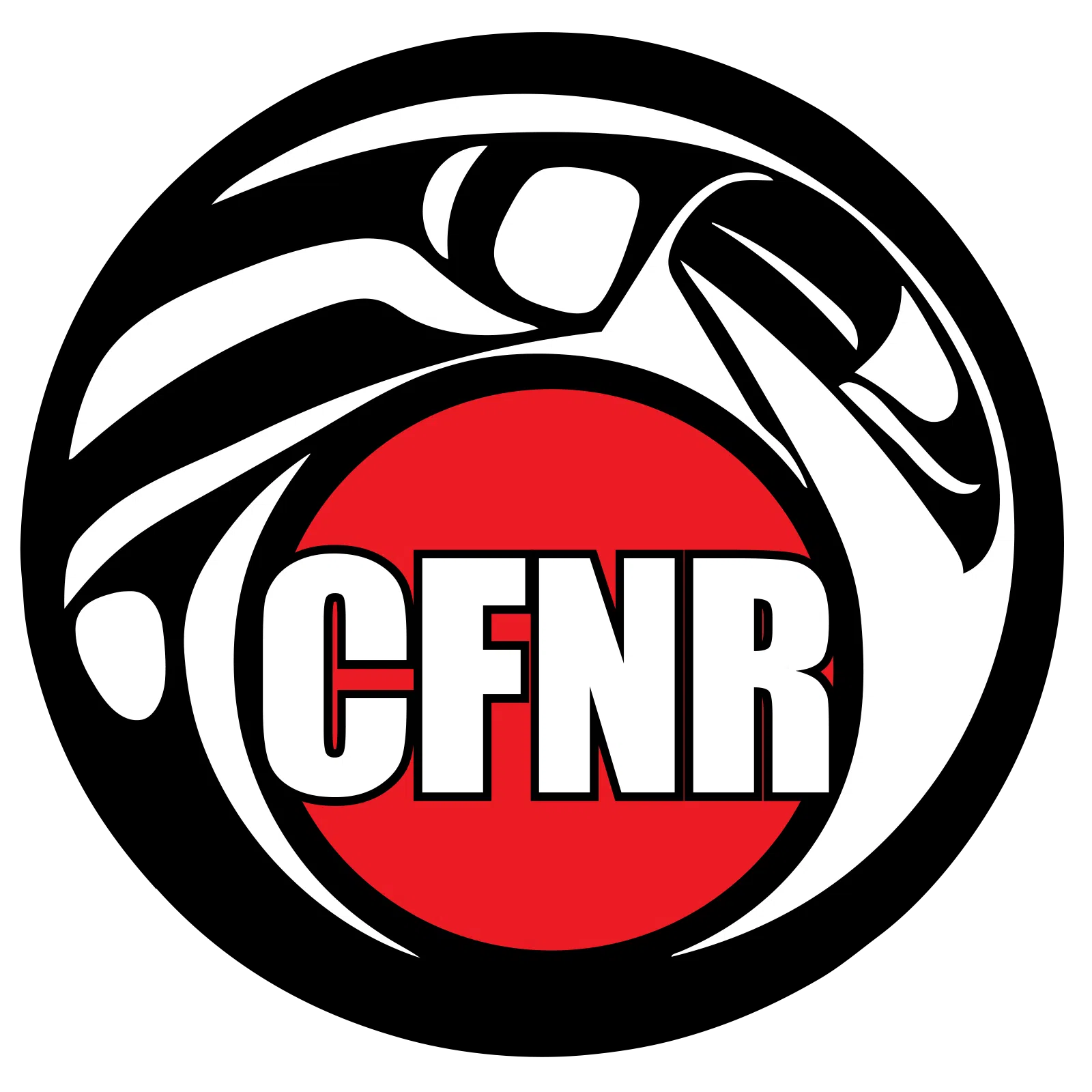
Comments